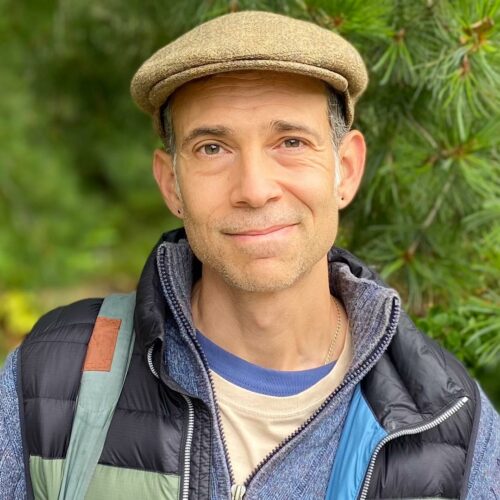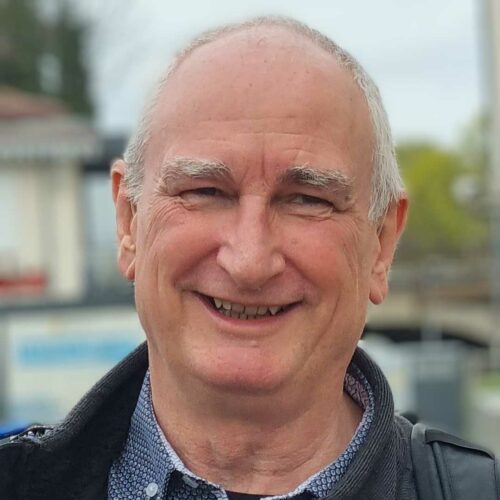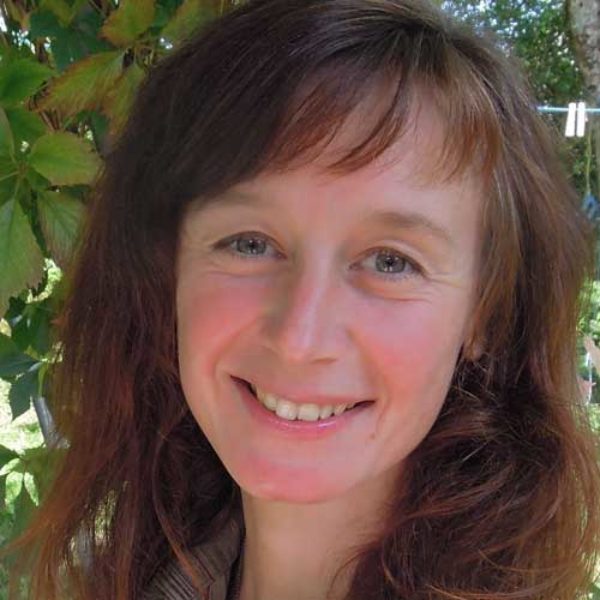In this session, Martin explores the apparent paradox of a vast view combined with a fine attention, along with practices to bring both into focus. How do we hold both simultaneously? How can we be responsive, without feeling responsible? How might we bring both a vast view and a fine attention to both our inner practices, and to our outer engagement, whether in our personal lives or in response to the ecological, political and social crises in which we currently find ourselves?
With Martin Aylward recorded on December 16, 2018.
Found our teachings useful? Help us continue our work and support your teachers with a donation. Here’s how.
Discover more from the Dharma Library
-

Daily Meditation Recordings, with Nirmala Werner – Week of Nov 1, 2021
This week’s theme is “Embodied Metta – The Body as a Pathway to Freedom”.
The Buddha’s teachings invite us to be with things as they are. This week, we’ll learn embodiment practices to help us cultivate true love, compassion and care for ourselves and for others. We’ll practice staying intimate with our body, mind and heart in daily life, in sexuality, and with (often unwanted) thoughts, feelings and emotions.
-

Asking Better Questions
Recorded :
December 13, 2020 In this session author and communication trainer Oren Jay Sofer offered guidance and reflections on how to approach difficult situations like stress from the pandemic and conflict with family with more skill, clarity and compassion. (Please note that this live stream experienced some technical difficulties, so the recording has been edited accordingly.)
-

The Surgeon’s Probe: Healing with Mindfulness
Recorded :
December 2, 2018 Vince writes: “I am continuously inspired by some of the images that the Buddha offers us of ‘Sati’ or ‘Mindfulness’. This talk for Worldwide Insight is an exploration of some the many aspects of mindfulness – or in my case a lack of mindfulness – that continue to play themselves out in my life. In…
-

The Roots of Discouragement
Recorded :
September 12, 2021 Progress in meditation may be slower than we anticipate. Discouragement develops when the comparing mind holds unrealistic expectations, demands perfection, and craves for measurable progress, predictable results, or signposts of success. This talk explores the obstacle of discouragement and its roots in conceit and the comparing mind. To prevent discouragement, we develop skillful ways to…
-

Dharma, Desire and Eros
Recorded :
May 9, 2021 Eros is life force, the energy that animates our being. Eros fills our spiritual life with vitality, our minds with creativity, our ideas with embodiment and our relating with rich intimacy. To live full lives we need access to eros; without it we become dry, rigid, flacid and withholding. Yet what place does it have…
-

From conditioned perception to true and free seeing
Recorded :
September 2, 2018 What do we call reality? How can we free ourselves from conditioned vision and taste life more fully and truly? Acknowledging that our perception of what we call reality is completely subjective, Christine explores the world of perception to find out what is conditioning our vision. Each one of us has been often surprised, deceived…
-

Daily Meditation Recordings, with Miles Kessler – Week of 19 January, 2026
This week’s theme is: The Seven Stages of Purification in Insight Meditation
The Seven Stages of Purification in Insight Meditation is a 5-day exploration of how insight naturally unfolds through practice, as described in the classical Theravāda map of purification. Each day will combine a short teaching with guided meditation, helping practitioners-whether new or experienced-recognize how challenge, insight, clarity, and release arise as part of a single, coherent developmental process. Rather than presenting the stages as goals to attain, this series offers them as an orienting framework: a way to understand what is already happening in your practice, normalize both ease and challenge, and cultivate confidence, patience, and continuity on the path of awakening.
Our Dharma Library thrives through collective generosity. Your donation helps sustain this offering for our entire community.
-

Practicing for the love of it.
Recorded :
January 17, 2016 Before the session Martin wrote: “A Burmese teacher once told a friend of mine to always enjoy his practice. We love meditation in theory, and we want to grow and transform, and we certainly would like to be liberated from our suffering. And yet! We easily turn meditation into a chore, and feel discouraged by…








Discussion